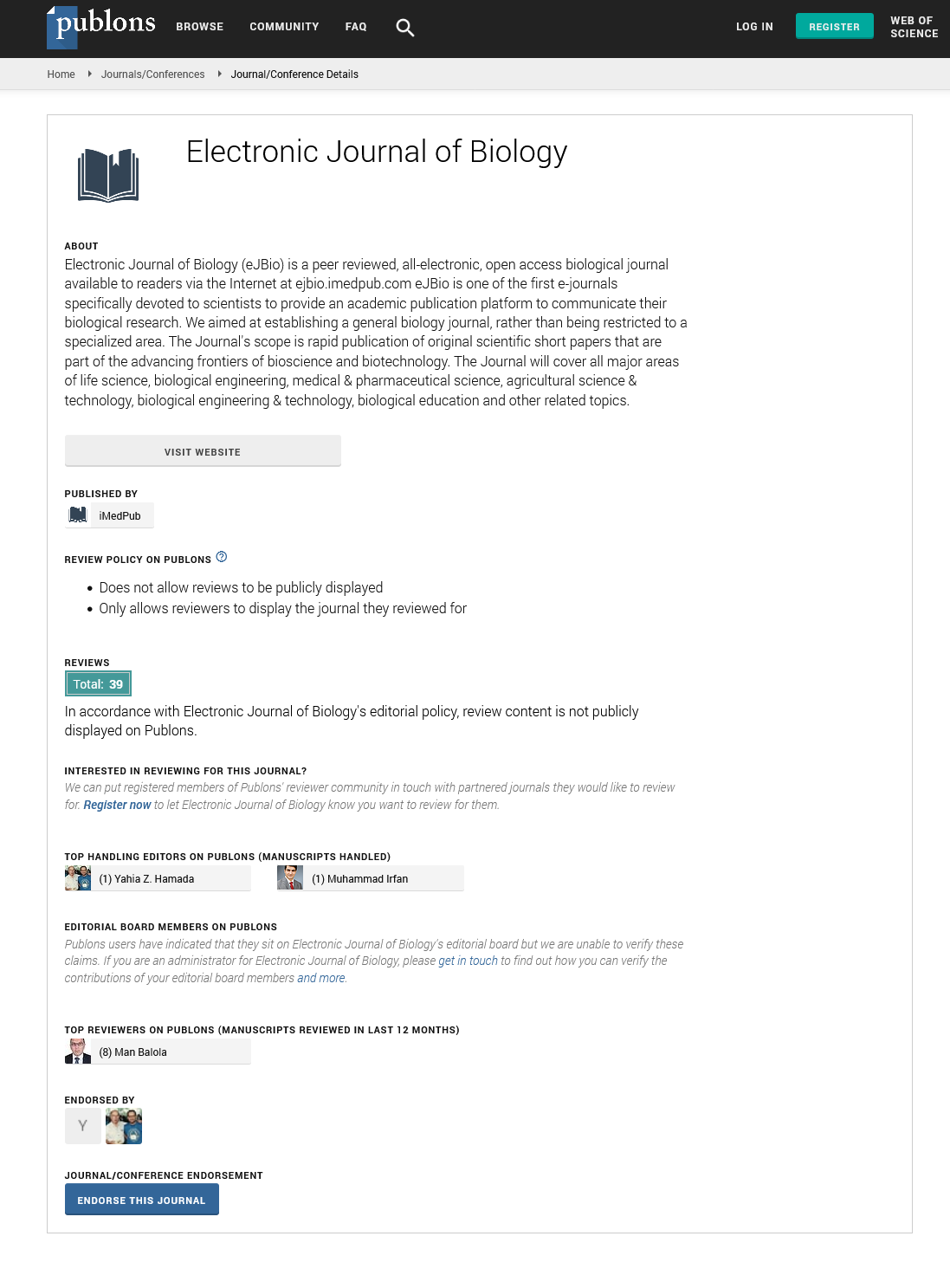Abstract
Pollution with Polychlorinated Biphenyls of the Water and the Soil in Almaty
According to the Stockholm Protocol, some artificial synthesized organic substances, particularly persistent organic pollutants (POPs), polychlorinated biphenyls (PCBs), when released into the environment, have an extremely negative impact on human beings health. Being chemically and biochemically very stable, they are not destroyed in natural environments and are transmitted through trophic chains to people, suppressing their immunity, provoking the appearance of malignant tumors. There is also mutagenic impact on the health of subsequent generations. At the plenary meeting of the Majilis of the Parliament of the Republic of Kazakhstan, the deputies approved the draft of the law "On ratification of the Stockholm Convention on persistent organic pollutants". Levels of the persistent organic pollutants (POPs) PCBs were measured in 2012 in the Ural River, Republic of Kazakhstan. The authors discovered levels of PCBs significantly above permissible regulatory limits by 3 to 4 times. Since PCBs are extremely toxic substances that can migrate through soil and water and enter the food chain, resulting in human consumption, it is important for the public to be aware of such pollution and for authorities to be apprized so that steps can be taken to protect the public health. This subject is of broad public and scientific interest for regulatory and public health purposes and these results should be widely disseminated as soon as reasonably possible. The subject matter is vitally important from both a local, regional and global perspective.
Author(s):
Nazhmetdinova Aiman, Kassymbayev Adlet, Sarmanbetova Gulnaz, Chalginbayeva Altinay
Abstract | Full-Text | PDF
Share this

Google scholar citation report
Citations : 5001
Electronic Journal of Biology received 5001 citations as per google scholar report
Electronic Journal of Biology peer review process verified at publons
Abstracted/Indexed in
- Google Scholar
- China National Knowledge Infrastructure (CNKI)
- CiteFactor
- Electronic Journals Library
- Zoological Records
- WorldCat
- Proquest Summons
- Publons
- MIAR
- Openaccessarticles.com
- Secret Search Engine Labs
Open Access Journals
- Aquaculture & Veterinary Science
- Chemistry & Chemical Sciences
- Clinical Sciences
- Engineering
- General Science
- Genetics & Molecular Biology
- Health Care & Nursing
- Immunology & Microbiology
- Materials Science
- Mathematics & Physics
- Medical Sciences
- Neurology & Psychiatry
- Oncology & Cancer Science
- Pharmaceutical Sciences


